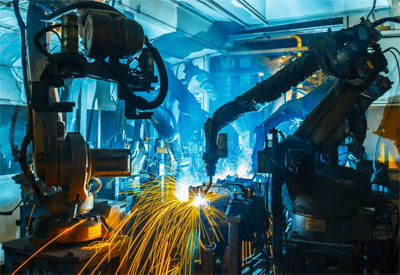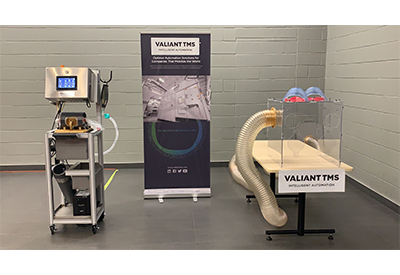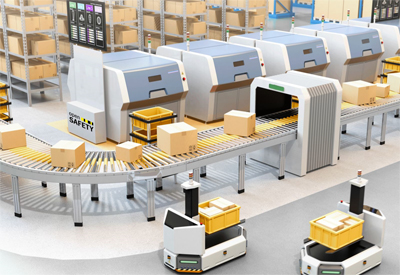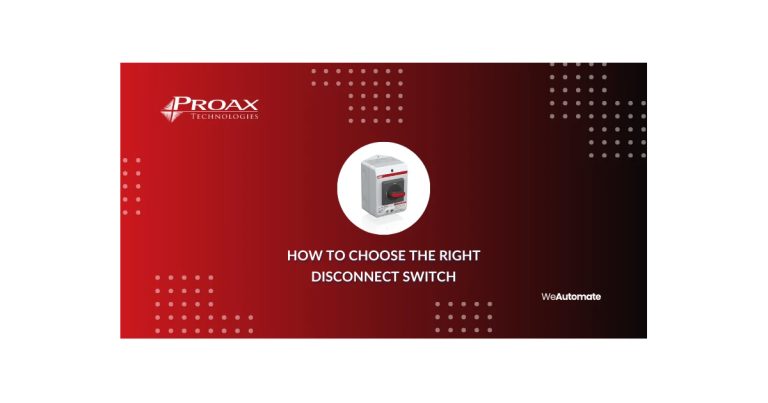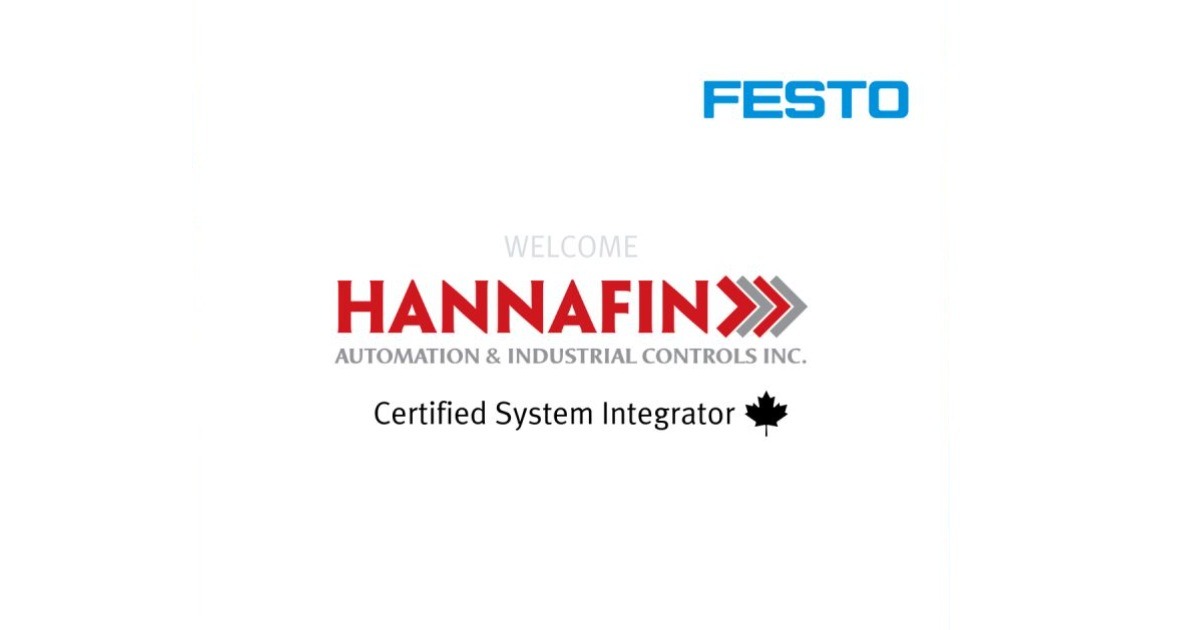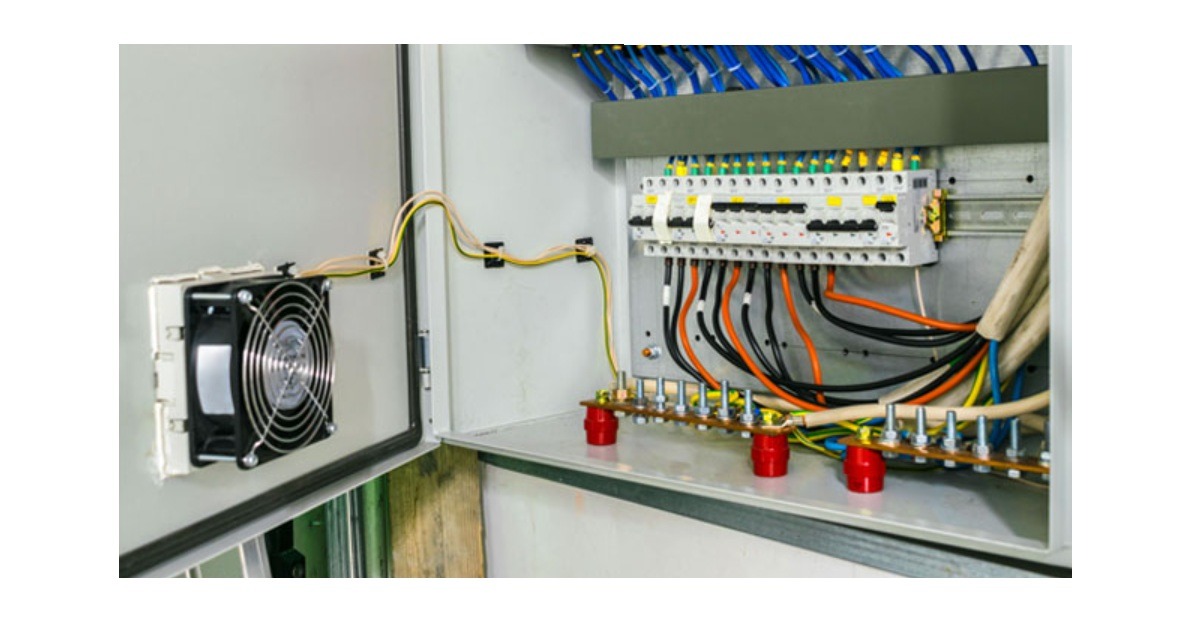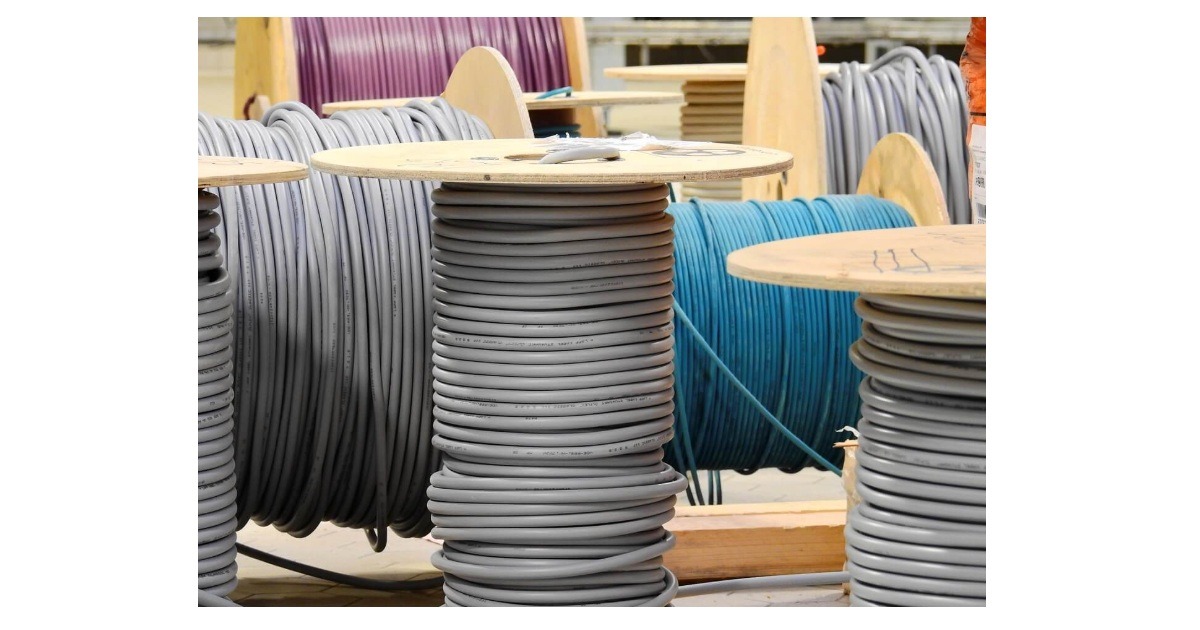A Proactive Solution: Key Features and Applications of Littelfuse Shock Block
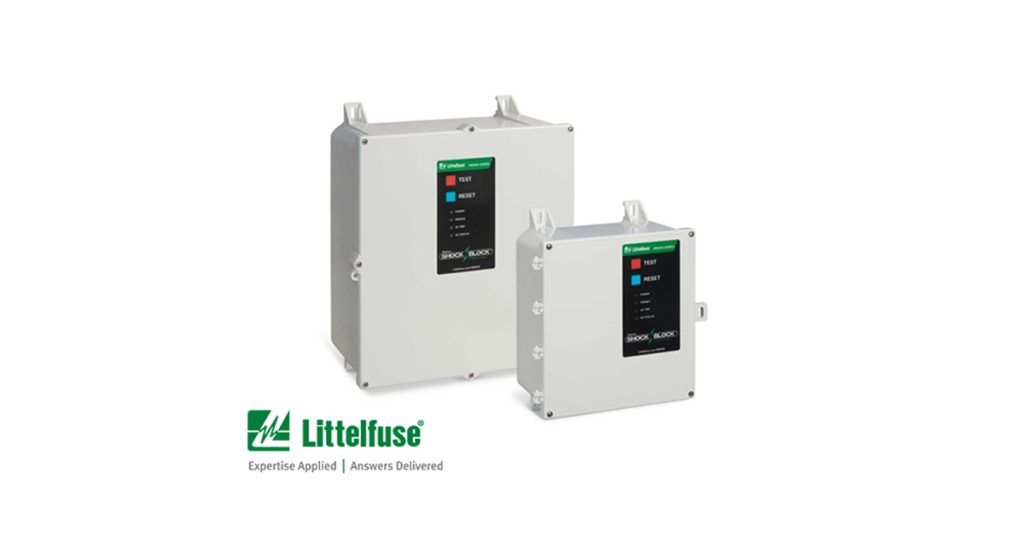
August 14, 2023
By Blake Marchand
This article looks at the features of Littelfuse’s Industrial Shock Block and the implications it has on electrical safety. In doing so, we spoke to Tim Piemonte Vertical Market Manager, Electrical Safety with Littelfuse.

Shock Block allows you to apply shock protection or personnel level protection to circuits where it couldn’t be applied previously. Additionally, it improves safety by being a proactive solution in protecting against potential shock hazards. By monitoring the equipment ground conductor, it can detect shock hazards before they occur.
“The Shock Block was designed to be applied on any type of industrial or commercial load,” Piemonte explained. Littelfuse designed the Shock Block to include “technology for the inverse curve characteristics, to ride through high nominal leakage currents – like in-rush currents on motors –, and using advanced filtering to mitigate harmonicaspects of power conversion type loads.”
Electrical shock hazards have gotten more awareness over the past couple years when it comes to the impact of exposure to shocks over a long period of time. Electrical safety advocate, John Knoll, has been sharing his experience with long-term sequelae to help increase awareness. For example, last year, CECA launched the Electrical Injury Day of Recognition. Technologies like Shock Block are the next step to improving electrical shock safety at the personnel level.
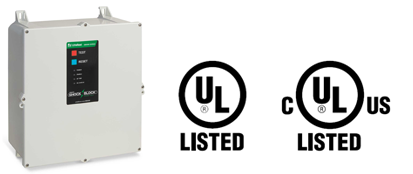
Piemonte noted that over the last decade the industry has hit a plateau in improving safety and decreasing injuries and fatalities related to shock hazards.
The shock injuries that get reported are the ones that are the most serious. However, there are a lot of shocks that happen on the work site that go unreported. Even small shocks can add up over time to produce long-term health impacts.
“The numbers that we’re looking at,” Piemonte explained of shock injuries, “are only a fraction of what’s really occurring in the workplace. There’s more and more research coming out about long-term effects when you’re exposed to many shocks over the course of your life.”
“One of the ways you can (improve safety) is by monitoring that equipment ground conductor because that’s when a lot of shocks happen in the first place – it’s because that ground conductor becomes compromised.”
In that scenario, when you do have a ground fault there is no way for it to get back to its source – it’s not causing a GFCI to trip, a fuse to trip, a circuit breaker to trip – the result is the equipment becomes energized, which is obviously a severe hazard.
“Any shock is a bad shock, and it can do detrimental damage to your body, so anything we can do to mitigate those from happening in the first place is where we need to focus if we’re going to see the next dramatic step change in electrical safety,” Piemonte said, “If you have something that’s monitoring that equipment ground conductor at all times and can identify the hazard first, before someone needs to get shocked, that’s a proactive solution.”
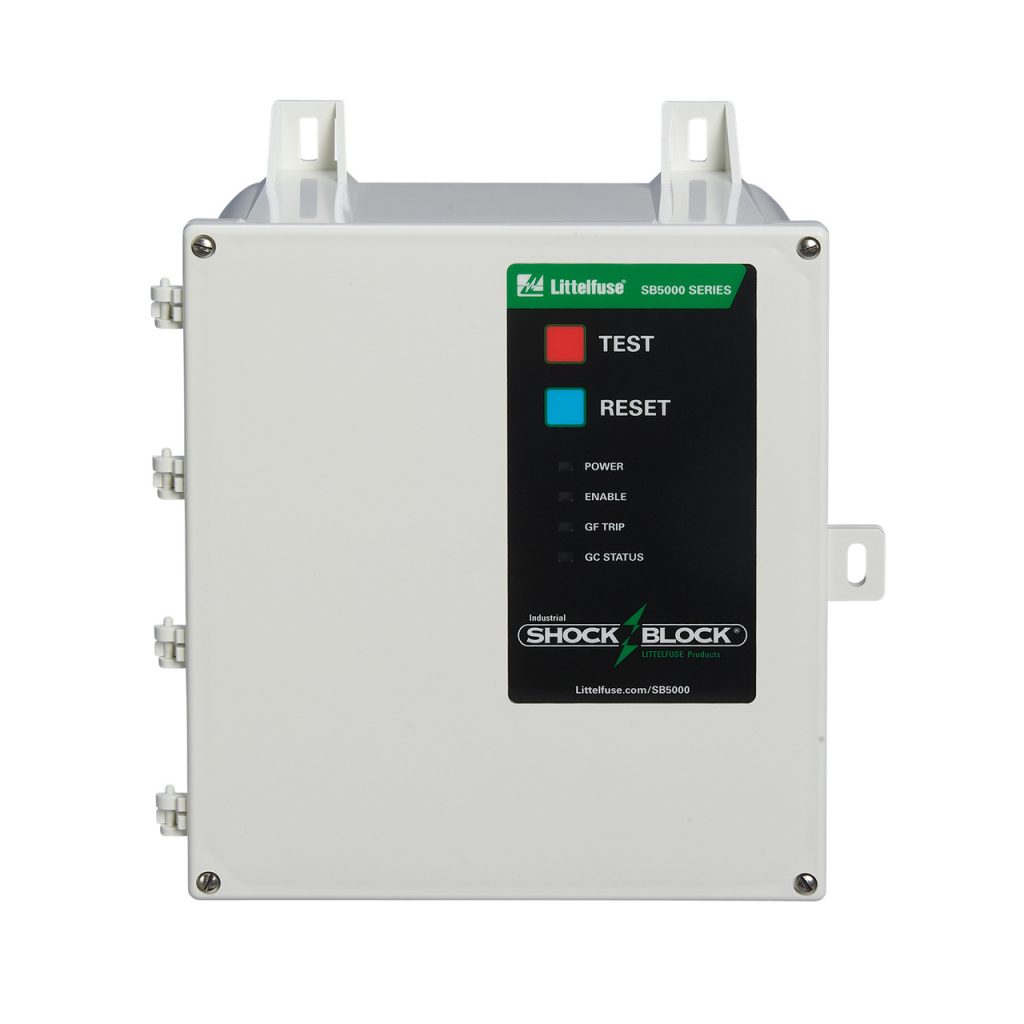
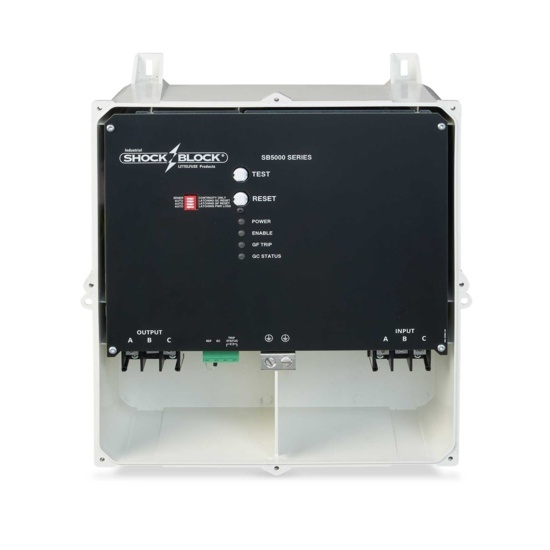
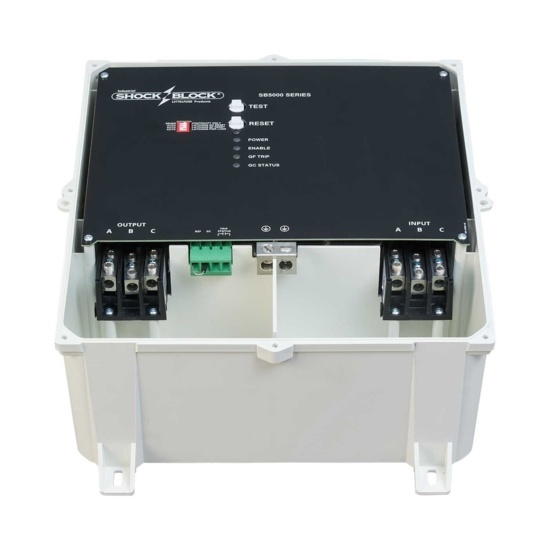
Types of Personnel Protection
Class A GFCI: UL 943: shall not trip below 4 milliamps, must trip over 6 milliamps.
UL 943C is similar to UL 943. It includes other classes of GFCI that can be applied when there are higher voltages, like 480v or 600v applications; or when a Class A device isn’t practical.
Class C devices are rated mostly for 480v applications with a 20 mA, but they can be applied to 208v applications, as well.
Class D GFCI applies to 600v applications.
The main difference between the traditional Class A, Class C and Class D is the pickup/trip level.
“The pickup level for those high voltages is allowed to be a little less sensitive, because once you get up into the higher voltages, you’re going to have higher nominal voltage leakage currents, so you have to combat that.”
Littelfuse has Shock Block models designed around each type of personnel protection outlined in UL 943 and UL 943C, as well as an Equipment Ground-Fault Protective Device (EGFPD).
If the ground-return path is broken, the Industrial Shock Block will trip and provide an alarm by changing the state of the alarm contacts. This monitoring circuit includes an extra wire (pilot wire) between the Industrial Shock Block and the load.
The EGFPD model provides adjustable protection, which offers flexibility. They can be set to trip at 6 mA or from 10-100 mA, going up by increments of 10.
The Shock Block can be used in equipment ground fault applications like heat trace and de-icing, you will also see it in ship to shore applications. Or, given their flexibility, Piemonte explained, “If you had a new shock protection application and you wanted to make sure you’re not going to have any nuisance tripping – customers will sometimes order the EGFPD first, just to make sure they’re not going to experience anything. Maybe they’re deciding between whether they want a 6 milliamp Class A or a 20 milliamp Class C.”
Shock Block Application
Special-purpose GFCIs are typically applied in commercial and industrial applications, food and beverage, and general manufacturing.
Piemonte explained that, “As the loads get larger, GFCI compatibility becomes even more difficult, especially with more traditional style GFCIs. Depending on where the product is installed in proximity to the load or what the load is, whether or not it’s got some kind of conversion technology, like a VFD or a switching power supply, like we see with some LED fixtures – those types of power conversion technologies can sometimes cause GFCIs to be incompatible for those circuits.”
Traditionally, GFCI protection rules in the code apply to 15 or 20 amp, single phase circuits, “as loads get larger, and voltages get higher or three phase, that doesn’t mean that there’s any less of a shock hazard.”
“As more things are electrified, there is a greater need to think about GFCI protection at the personnel level above 30 amps.”
Commercial kitchens are a prime example of where you need to think of GFCI protection at a higher load. As commercial kitchens switch over from natural gas to electrical appliances, ovens, grills, and fryers for example, they will need to add GFCI protection where it wasn’t required previously.
“Those appliances, they’re still portable, they’re heavy appliances, and now they have giant cords off the back of them that are even less flexible than the 15-20 amp chords that were coming off them previously.”
Those cords are likely to get damaged over time – “any insulation breakdown or damage to those conductors usually leads to leakage currents.”
Kitchens are generally wet-locations, and appliances need to be portable to comply with sanitation or maintenance requirements.
With personnel level shock protection, Piemonte noted, you are applying it for the entire life cycle of the installation.
To protect against the higher pickup level, UL 943C says, Piemonte explained, “you need to make sure that the equipment ground conductor is always healthy, intact and providing a low impedance ground path. In doing that, it creates a situation where those devices are even more proactive than a Class A device.” Typically,Class A devices are reactive. “You need to see leakage current in order for them to react, whereas with these new special-purpose GFCIs, not only are they reactive, but they’re also proactive. They can identify an electrical hazard before a shock occurs.”
Go HERE for more information on Shock Block

